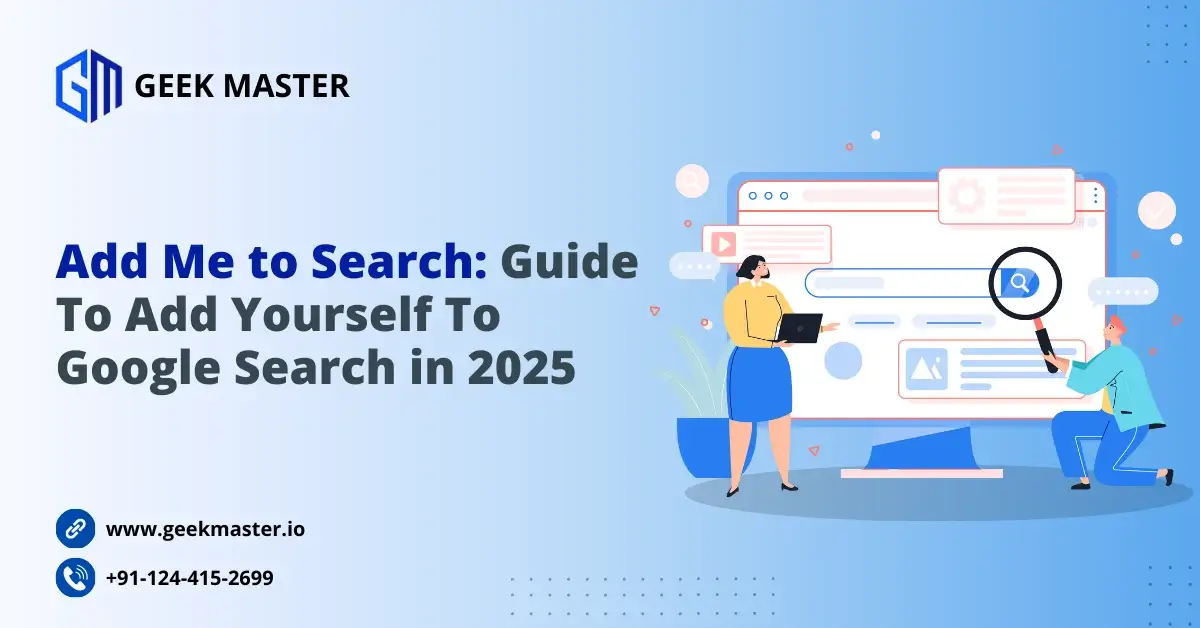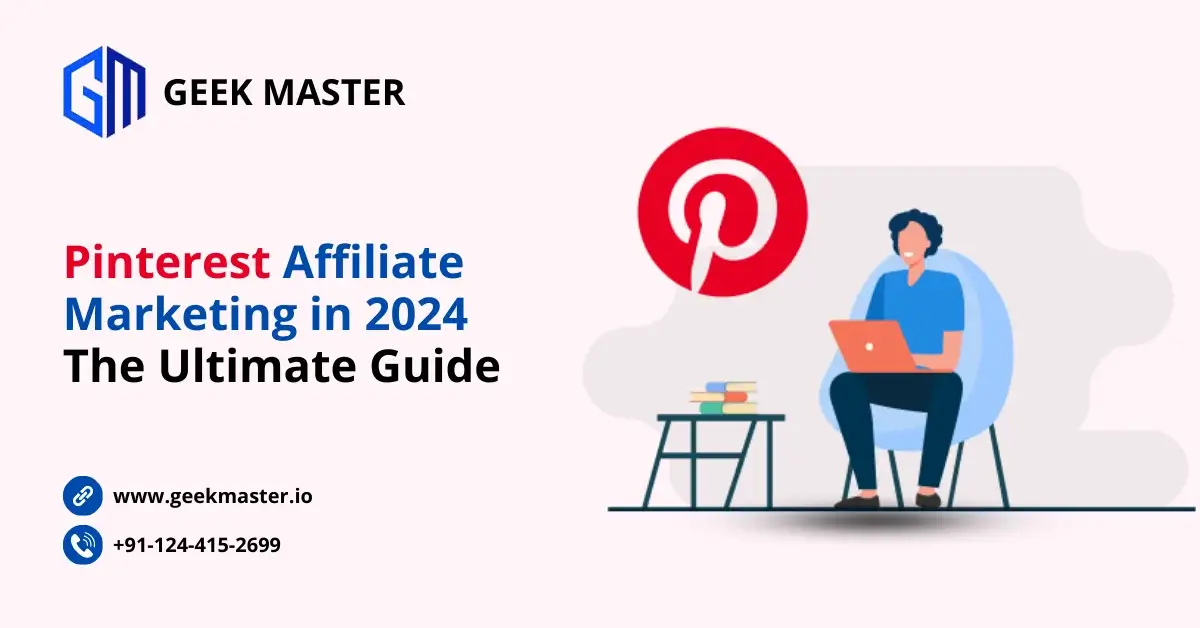Maximizing growth while keeping costs under control is the foundation of a smart marketing budget. Investing in website-driven revenue requires a strategic balance between short-term gains and long-term profitability. This is where understanding SEO vs. SEM becomes essential.
Should you prioritize the instant visibility of SEM or invest in SEO for sustainable, cost-effective growth? The right mix of both can significantly impact your return on investment (ROI).
This guide breaks down the key differences between SEO and SEM, helping you choose the best approach for your digital marketing goals.
What is SEO?
SEO stands for Search Engine Optimization, a digital marketing strategy to improve visibility and organic ranking on search engines. It allows your business to reach a wider audience by appearing higher in search results when potential customers search for relevant keywords. It improves your business website's structure and content so its pages can be discovered by people searching for what you have to offer through search engines.
An SEO strategy usually consists of:
Off-page SEO: Focuses on building your website's authority and involves adding relevant links to other websites. Visitors will recognize your website as trustworthy, and search engines will reward you for it with a higher ranking.
On-page SEO: Involves improving web page elements like URLs, meta descriptions, titles, and keyword optimization. It helps search engines understand your website and provides the context for appropriate ranking.
Technical SEO: Focuses on site speed, crawlability, user-friendliness, indexing, structure, and other elements. These offer a better experience to visitors and allow search engines to understand your pages.
How Does SEO Support Your Business?
SEO (Search Engine Optimization) supports businesses in several key ways- Helps attract more visitors without paid ads.
- Reduces reliance on expensive advertising campaigns.
- Enhances site speed, navigation, and mobile-friendliness.
- Boosts brand awareness by ranking higher on search engines.
- Focuses on attracting the right audience through keyword optimization
- Drives qualified leads, increasing the likelihood of conversions.
- Local SEO helps local businesses (such as nearby restaurant businesses) to appear in location-based searches.
- Outrank competitors, capturing more market share.
- Provides sustained traffic and visibility over time.
- Offers data-driven insights to refine marketing strategies.
What is SEM?
SEM stands for Search Engine Marketing, and it is a digital marketing strategy that increases the visibility of websites in search engine results pages (SERPs) using paid advertising. It's also known as paid search marketing or pay-per-click (PPC).
SEM typically involves using paid search advertising campaigns (such as Google Ads) to show ads at the top or bottom of the search engine results pages. These ads are generated by specific keywords related to the products, services, or content offered. This strategy is a powerful method for reaching new customers, driving traffic to your website, and generating leads.
How Does SEM Support Your Business?
SEM (Search Engine Marketing) supports businesses in several key ways- Instant visibility with top search engine placementPrecise targeting based on keywords, location, and demographicsIncreased website traffic from high-intent usersEnhanced brand awareness through repeated exposureFlexible budget control with adjustable spendingReal-time performance tracking and optimizationRemarketing to previous visitors for higher conversionsComplements SEO, social media, and content marketing strategies.
Comparison Between SEO and SEM
Both SEO and SEM advertising are powerful digital marketing strategies, but they serve different purposes. Understanding SEO vs. SEM can help businesses make informed decisions about their online marketing efforts.
Advantages and Challenges of SEO
Pros-
- Cost-Effective: Organic traffic is free once you start ranking.
- Long-Term Results: A well-optimized site can maintain high rankings for extended periods.
- Trust and Credibility: Users tend to trust organic results more than paid ads.
Cons-
- Time-Consuming: It can take months to see significant results.
- Constant Updates: SEO strategies need regular updates due to changes in search engine algorithms.
- Competition: High competition can make it challenging to rank for certain keywords.
Advantages and Challenges of SEM
Pros-
- Immediate Results: Paid ads can drive traffic almost instantly.
- Highly targeted: Allows precise audience targeting based on demographics, location, and search intent.
- Measurable Performance: Provides detailed data on clicks, conversions, and ROI.
Cons-
- Ongoing Costs: Requires continuous investment; traffic stops when ads are paused.
- Click Costs: High competition can lead to expensive cost-per-click (CPC) rates.
- Short-Term Impact: Unlike SEO, SEM does not build long-lasting organic authority.
FAQs
1. Which is more cost-effective: SEO or SEM?
SEO (Search Engine Optimization) is more cost-effective than SEM (Search Engine Marketing) in the long run.
2. Which provides faster results: SEO or SEM?
SEM provides faster results than SEO. Since SEM relies on paid advertising, businesses can gain immediate visibility on search engine results pages (SERPs) as soon as the campaign is launched.
3. How is ranking different when comparing SEO VS. SEM?
SEO ranks websites organically over time based on relevance, content quality, and optimization, while SEM ranks websites instantly through paid ads.
4. What are common mistakes in SEO and SEM?
SEO Mistakes: Keyword stuffing, ignoring mobile-friendliness, slow website speed, poor content, and bad backlinks.
SEM Mistakes: Poor Keyword Targeting, Ignoring Ad Quality Score, Budget Mismanagement, Ignoring Landing Page Optimization.
Conclusion
We can say that SEO and SEM use different means to get to the same finish line- ensuring your website gets more visibility and traffic. While there are many SEO vs. SEM differences, it's vital to emphasize that they aren't mutually exclusive. A quality digital marketing campaign reaps the benefits of both. Learn the ins and outs of both and ensure you're using them in the right context, and you'll be able to grow your website's ranking and reach. Looking for personalized recommendations on SEO vs. SEM for your business? Reach out to Geek Master to explore the best strategy tailored to your goals.





